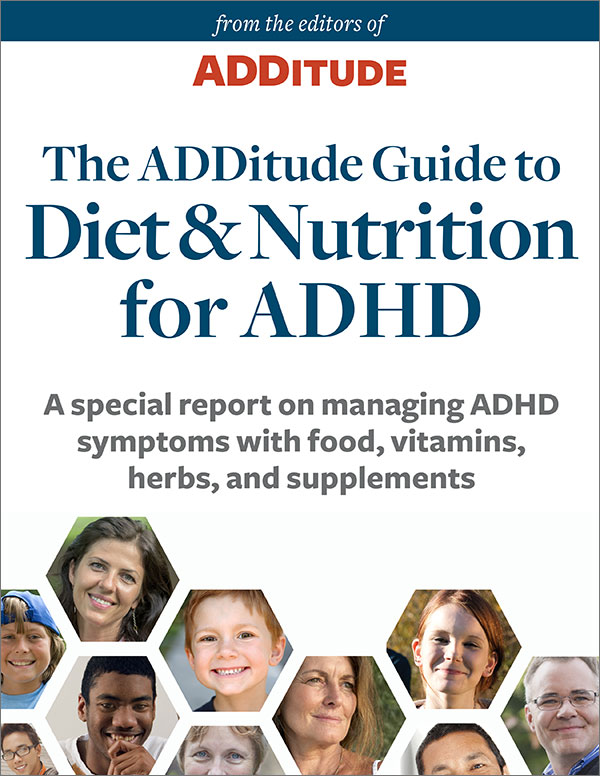[Self-Test] ARFID in Adults
ARFID in adults is an eating disorder associated with neurodivergence. Take this self-test to see if your symptoms and eating behaviors point to avoidant restrictive food intake disorder.
Avoidant restrictive food intake disorder (ARFID) is an eating disorder most widely recognized in children, but it is not uncommon in adults. Individuals with ARFID will have trouble meeting nutritional and/or energy needs for any of the following reasons:
- They lack interest in eating or don’t have much of an appetite for food.
- They are concerned about aversive consequences related to eating, like choking, becoming sick, experiencing nausea, etc.
- They eat and avoid foods based on sensory characteristics (color, taste, smell, texture, temperature, etc.)
Food restriction and avoidance in ARFID are not linked to body image issues, as with anorexia nervosa and bulimia nervosa. ARFID, sometimes known as “extreme picky eating,” is also linked to attention deficit hyperactivity disorder (ADHD), autism, and other conditions.
If you suspect that you have symptoms of ARFID, answer the questions below and share the results with a licensed mental health professional who is experienced in diagnosing and treating eating disorders, including ARFID.
If you or a loved one is suffering from an eating disorder, contact the National Eating Disorder Association (NEDA) at www.nationaleatingdisorders.org for support, resources, and treatment options.
This self-test was adapted from the Nine Item ARFID Screen (NIAS) and the Pica, ARFID, and Rumination Disorder Interview (PARDI). It is designed to screen for the possibility of ARFID, and it is for personal use only. This test is not intended as a diagnostic tool. Only a licensed mental health professional can diagnose ARFID.
Can’t see the self-test questions above? Click here to open this test in a new window.
ARFID Symptoms: Next Steps
- Subscribe to ADDitude magazine
- Read: ARFID, SPD, and Other Conditions Linked to Feeding Difficulties
- Read: ADHD and Eating Disorders — Research, Diagnosis & Treatment Guidelines
- Self-Test: Eating Disorders in Adults
- Read: What Is Sensory Processing Disorder?
- Resource Hub: Eating Disorders
- Self-Test: Avoidant Restrictive Food Intake Disorder in Children





